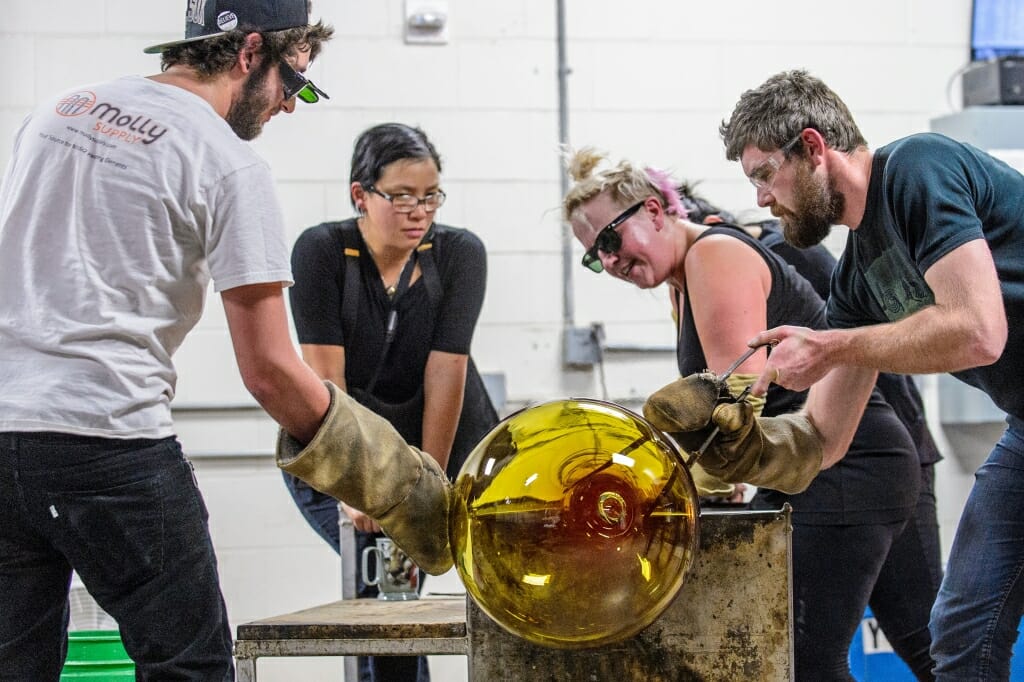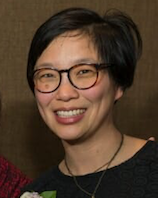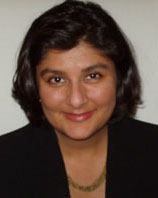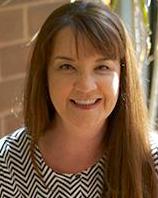Competition attracts future grants, jump starts research and student careers

Fall Research Competition funding has allowed an art professor to buy materials for her studio, ship her work to exhibitions, and have a graduate student project assistant with the necessary experience to assist her in the hot shop. Photo: Bryce Richter
UW–Madison faculty and staff recipients of Fall Research Competition awards say they are thankful for the funding to help them acquire the resources they need to engage in their research. But perhaps most important, they say, is the student support they are able to provide thanks to the funding.
Funding for this research competition, provided by the Office of the Vice Chancellor for Research and Graduate Education, is available because of impressive efforts of UW–Madison faculty and staff in filing successful patents through the Wisconsin Alumni Research Foundation (WARF).
Helen Lee, UW–Madison assistant professor of glassworking and head of glass in the Art Department, says Fall Research Competition funding has allowed her to buy materials for her studio, crate and ship her work to exhibitions, and have a graduate student project assistant with the necessary experience to assist her in the hot shop.
Her studio and the UW–Madison Glass Lab are housed in the Arts Loft near the Kohl Center. Lee’s artwork explores the morphological nature of language using a material that is constantly in flux. Her work examines how language changes — in form, over time, and across cultures.
“Since I work in a highly skilled craft discipline, I prioritize having a project assistant with substantial glassblowing experience under their belt,” Lee says. “Glassblowing is a collaborative activity, where the main glassblower (or ‘gaffer’) works with an assistant to realize forms. You technically can work solo, but it is far more limiting and inefficient and safety is also a concern. I wouldn’t be able to make any of the work that I make in glass without a highly skilled assistant.”
Lee is also collaborating with Kristen Pickett, professor of kinesiology, to examine the value of glassblowing as a modality of therapy for people living with movement disorders.
Like Lee, Vaishali Bakshi, associate professor of psychiatry, says a Fall Research Competition award will help her acquire materials and hire the graduate student support she needs to gather data for her research.
Bakshi’s research is focused on how stressful situations can release chemicals in the brain that reshape the brain’s responses. The long-term goal of her Fall Research Competition-funded research is to help develop better treatments for people with post-traumatic stress disorder (PTSD).
She is gathering preliminary data to establish new techniques and test new hypotheses that she will incorporate into future NIH grant proposals. She says this additional data will help her be more successful when applying for a large federal grant.
Bakshi will explore in a rodent model whether fear responses to repeated exposure to a predator causes permanent changes in the brain. Her preliminary studies have shown that this type of psychological trauma causes long-lasting hypersensitivity of a protein, the alpha1 noradrenergic receptor, in a part of the brain known to regulate fear responses: the basolateral amygdala. Her grant will allow her to extend this work.
“The fall competition is helping me a lot right now at a crucial stage in my research work and is helping me stay competitive,” she says.
Elizabeth Cox, professor of pediatrics, also has used fall competition grants to develop pilot data for larger extramural awards. Cox’s research focuses on interventions that help health care providers do the right thing for each patient, and making that “right thing” the easiest thing to do.
Cox says her idea for examining her research from the patient perspective came from a teen she employed in her lab.
“One day, he said, ‘I have type 1 diabetes and I don’t take care of my disease. I go to my clinic visits and they tell me the same things every time and none of it helps me’,” she recalls. “That’s when a lightbulb went on for me: We are having kids come for visits, but what are we doing in those visits?
“His comment to me was the genesis of all of the work I have done since, in looking at treatment for type 1 diabetes from the patient perspective.”
In 2010, Cox received her first fall competition support for a project with then graduate student Katie Fritz, who pilot tested an intervention to address barriers to self-management for youth and teens with type 1 diabetes.
“We used the pilot data on the effectiveness and feasibility of the intervention to secure a three-year extramural award to evaluate the impact of this intervention in a multi-site randomized, controlled trial,” Cox says. In that trial, youth with type 1 diabetes and their parents were involved from the start. They created the study logo, helped write consent forms, and crafted language to the control participants about why they were important.
In 2013, Cox received support for a collaboration with Betty Chewning and Beth Martin, professors in the School of Pharmacy, and then graduate student Michael Dunphy. They developed a tablet-based tool to identify the topics that teens most want to discuss during routine type 1 diabetes visits. The next step is to further test this tool for use in clinical practice.
In 2015, she received support for a collaboration with Mari Palta, professor of Population Health Sciences. Preliminary data from this award were used to secure a three-year, $600,000 Innovative Clinical or Translational Science Award from the American Diabetes Association.
“The fall competition is helping me a lot right now at a crucial stage in my research work and is helping me stay competitive.”
Vaishali Bakshi
“The Fall Research Competition is a great way to jump start a new collaboration,” Cox says. “Mentoring a graduate student with the funding support also can be a very rewarding experience.”
Information about the 2018 Fall Research Competition can be found on the OVCRGE’s website. The online application is open and the deadline for submitting an application is 4:30 p.m. Sept. 21.
Faculty members and investigators with permanent PI status may submit one application to this year’s competition. This may be an individual submission or a collaboration with another faculty member or permanent PI. Applicants will be notified of the outcome in December.
Those interested in applying are invited to read the FAQs relevant to each division — biological sciences, physical sciences, social sciences and the arts and humanities — and to reach out to the divisional associate vice chancellor for research with additional questions.



